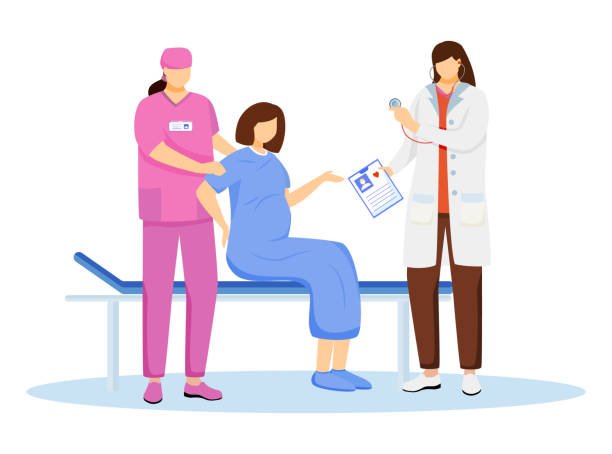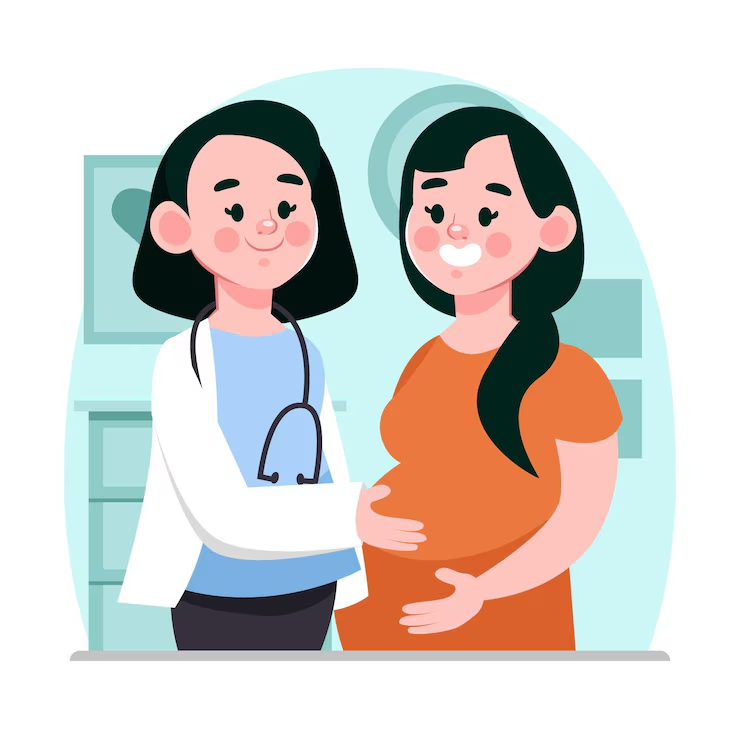Maintaining good reproductive health is an essential part of every woman’s life. Whether you are a teenager, planning a pregnancy, or approaching menopause, visiting a gynecologist regularly is crucial. Many women wonder — how often should you visit a gynecologist? And more importantly, what is the best time to go to a gynecologist for a routine check-up or specific concerns?
In this guide, we will explore the importance of regular gynecologist visits, the ideal frequency for different age groups, and when exactly you should book your appointment. To provide expert insights, we have consulted Dr. Madhumita Patel, a trusted gynecologist, obstetrician, and laparoscopic surgeon with over 19 years of experience.

Why Is Visiting a Gynecologist Important?
Many women postpone visiting a gynecologist until they face serious problems like pain, menstrual irregularities, or pregnancy-related concerns. However, regular visits are not just about treating health issues but also about preventive care.
Some key reasons why you should prioritize your gynecological health include:
- Early detection of reproductive health issues
- Preventive screenings like Pap smears and breast exams
- Managing hormonal imbalances, PCOS, or menstrual disorders
- Ensuring a safe pregnancy and postpartum recovery
- Menopause management and overall well-being
Remember, knowing the best time to go to gynecologist can help you get timely advice and early diagnosis of potential health concerns.
How Often Should You Visit a Gynecologist?
1. First Gynecologist Visit for Teens (Ages 13-18)
According to the American College of Obstetricians and Gynecologists (ACOG), the first visit should happen between the ages of 13 and 15. This is mainly an educational visit focusing on reproductive health, menstrual guidance, and addressing any early concerns like irregular periods or PCOS.
2. Women in Their 20s and 30s – Annual Check-ups
For women in their 20s and 30s, an annual gynecologist visit is highly recommended. These visits are essential for:
- Pap smear and HPV testing every 3 years
- Birth control counseling and family planning
- STI screenings if sexually active
- Managing menstrual irregularities or hormonal issues
3. Pregnancy and Postpartum Care
If you are pregnant or planning a pregnancy, you should visit your gynecologist as soon as you confirm the pregnancy. Regular prenatal check-ups are scheduled to monitor the baby’s development and ensure a healthy pregnancy.
Postpartum visits are equally important. Dr. Madhumita Patel advises new mothers to schedule their postpartum check-up within 6 weeks of delivery to ensure proper recovery and address any breastfeeding or mental health concerns.
4. Women in Their 40s and 50s – Perimenopause and Menopause Care

As women approach menopause, it is vital to have regular check-ups at least once a year. Your gynecologist will help you manage symptoms like hot flashes, mood swings, or hormonal changes and ensure bone health through timely screenings.
5. Postmenopausal Women (50+ Years)
Even after menopause, regular visits to a gynecologist are essential. Screenings for breast cancer, uterine health, and osteoporosis help in early detection and better health outcomes.
Best Time to Go to a Gynecologist: When Should You Book an Appointment?
Knowing the best time to go to gynecologist ensures accurate results from your check-up and makes your visit more comfortable.
For Routine Check-ups
The ideal time for a routine visit is midway through your menstrual cycle — typically between days 10 to 20. This avoids menstruation-related discomfort and helps in obtaining accurate test results.
If You Experience Any Symptoms
Book an immediate appointment if you notice:
- Irregular or heavy periods
- Pelvic pain or discomfort during intercourse
- Abnormal vaginal discharge or odor
- Unexplained weight gain or hormonal imbalance symptoms
Don’t delay — the best time to go to gynecologist is when you notice anything unusual about your reproductive health.
During Pregnancy
The moment you confirm a pregnancy is the best time to visit a gynecologist. The general schedule for prenatal check-ups is:
- Every 4 weeks until 28 weeks
- Every 2 weeks from 28 to 36 weeks
- Weekly from 36 weeks until delivery
Postpartum Check-up
Women should consult their gynecologist within 6 weeks after childbirth for a detailed health assessment.
Common Tests and Screenings During Gynecologist Visits
Depending on your age, symptoms, and medical history, your gynecologist may recommend:
- Pap Smear and HPV Test – Every 3-5 years
- Breast Exam and Mammogram – Annually after age 40
- Pelvic Exam – Every year
- STI Screenings – For sexually active women
- Hormonal Tests and Ultrasound – For fertility issues, PCOS, or menopause symptoms
FAQs About Visiting a Gynecologist
1. Is it necessary to visit a gynecologist every year?
Yes, annual check-ups help detect gynecological problems early and ensure reproductive health.
2. Should I visit a gynecologist even if I feel healthy?
Absolutely! Preventive care is the best approach to maintaining long-term health.
3. Can I visit a gynecologist during my periods?
Unless it’s an emergency or a pressing concern, it is better to schedule your appointment between days 10-20 of your cycle.
Conclusion
Regular gynecologist visits promote early diagnosis and overall wellness—take charge of your reproductive health at every life stage.
Contact Dr. Madhumita Patel, the best gynecologist in Delhi NCR, for expert and compassionate women’s healthcare.
